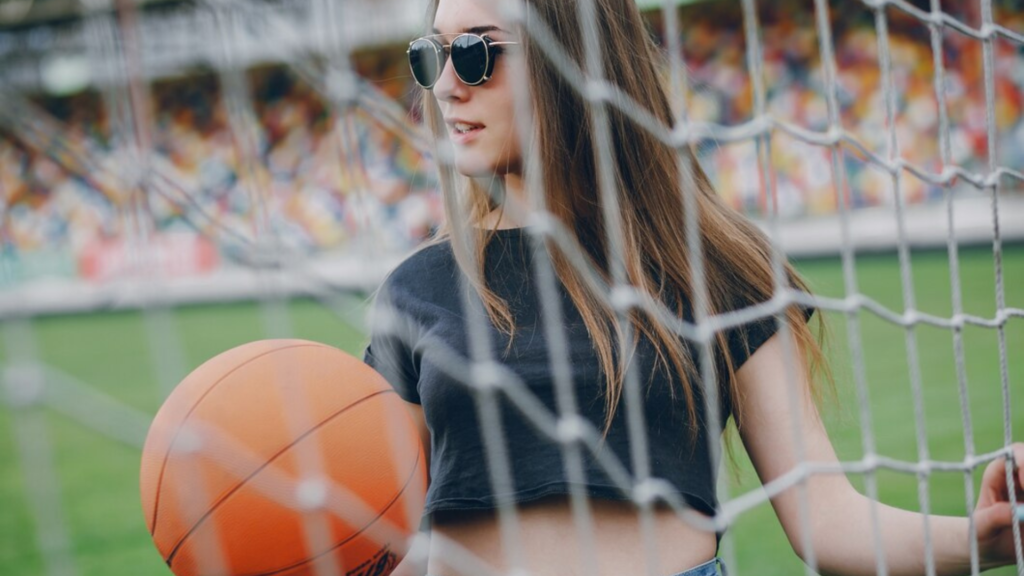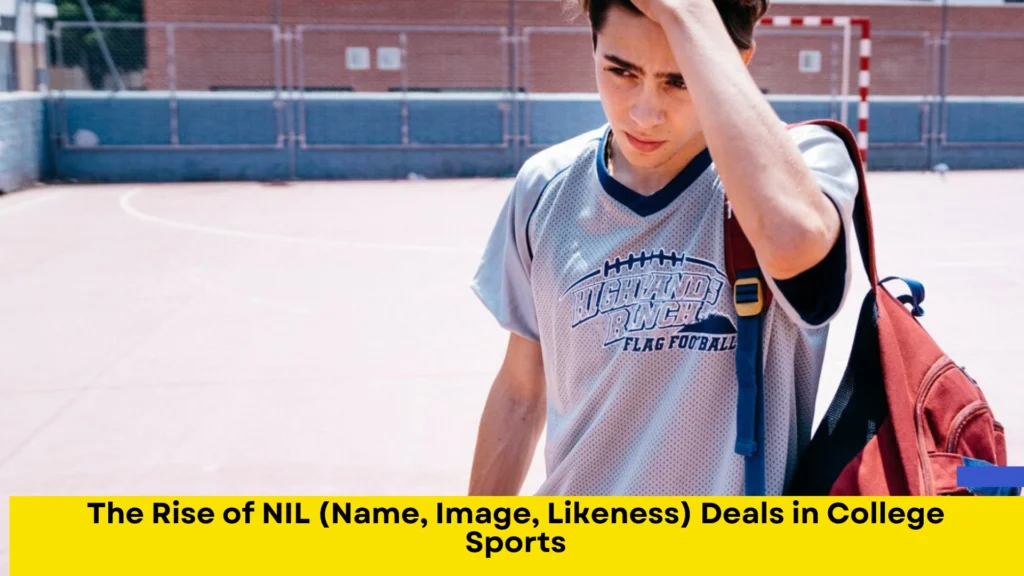Not every athlete wants to spend time on social media, and a lot of them are worried about their place in the competitive world of amateur athletes trying to becoming famous. Olympic runner Julie-Anne Staehli, for example, doesn’t like it when others exploit her as a marketing tool, even though she knows how hard she works to train. It becomes a way for [companies] to use your followers to make money. The Rise of NIL lets companies use your followers to make money. She says it doesn’t have to feel good. I don’t want to pay off college loans that way, but I have to decide if it’s worth it.
Who are these people, and can I really relate to them in any way. Staehli began doing sports when social media was only starting to become popular. We are not told to do this or given any tips on how to accomplish it. Of course, the relationship between Firework and AthletsCAN is meant to fix this problem. The branding and monetization element, on the other hand, doesn’t talk about other key social media concerns that affect athletes, such as the pressure to be flawles b s, comparisons to others, online bullying and hate, sexualization (especially of female athletes), loneliness, and so on.
The New Frontier of Wealth in College Sports

Tracy Vaillancourt, a psychology and education professor at the University of Ottawa, knows a lot about mental health. She gives an evolutionary reason for why social media could seem like such a burden. It should be evident to athletes that their minds aren’t built to handle this kind of publicity. The idea of “survival of the fittest” has been around for hundreds of thousands of years. It picks minds to function in groups of smaller units where gossip works. You now have access to the whole planet. Professor Vaillancourt says that this old brain can’t be compared to the present world.
Even though our brains don’t work well together, Professor Vaillancourt is sure that social media is bad for us. “They either bring out the worst in people or the best,” he says. Instead of a balanced picture, we are given extreme opinions. Some people may act like they don’t see the bad things and only see the good things, which is likewise prejudiced and definitely not good for them.
Redefining the NIL Landscape

Social media has also been related to the fact that perfectionism is more common among athletes, especially women and girls. Even while most people think perfectionism is a good attribute to have, it is sometimes confused with conscientiousness. In reality, being a perfectionist is a very bad personality trait. It is someone who has very high expectations for himself and wrongly thinks they can satisfy those goals. One or none. People who are perfectionists are more likely to have suicide thoughts, eating disorders, anxiety, and despair, according to Professor Vaillancourt.
Haley Smith, a cyclist from Canada, and Staehli, a contestant in the Tokyo Games, both agree that their perfectionism on social media makes them feel worse. She says that even though she is 28 and a professional athlete, she still has trouble with it. Behar says that he doesn’t support athletes making a personal brand or pretending like they live a perfect life online because of the problem of perfectionism that is often fostered on social media, especially visual-based sites.
Lessons from the Pioneers

“She had to deal with a concussion and was about to retire, and she was so open about it,” he adds about Canadian pole vaulter Alysha Newman. In my opinion, that makes for a very different kind of connection and engagement with the people. But I think it indicates that we don’t live in a perfect world anymore where everything has to be perfect.
Taylor, Vaillancourt, and other mental health professionals are worried about the risk of body dysmorphic disorder, depression, and anxiety (Cohen et al., 2017; Rogers & Melioli, 2015; Lonergan et al., 2020). However, Behar disagrees, saying that an athlete’s relationship with sponsors and the growth of an online brand are the main reasons why social media stresses them out. These two points of view might be more similar than you think at first. Body comparison and anxiety can happen when people feel like they have to show off a certain image online.
Conclusion

Athletes who want to abandon social media may feel pressure because they aren’t getting enough attention in their sport and are worried that they won’t be able to keep practicing. Who are these people, and can I really relate to them in any way. Staehli began doing sports when social media was only starting to become popular. She probably says that we now have to compete, but only as businesswomen or businessmen, in order to have the advertising and content development part. We are not told to do this or given any tips on how to accomplish it.
Of course, the relationship between Firework and AthletsCAN is meant to fix this problem. The branding and monetization element, on the other hand, doesn’t talk about other key social media concerns that affect athletes, such as the pressure to be flawles b s, comparisons to others, online bullying and hate, sexualization (especially of female athletes), loneliness, and so on. Haley Smith, a cyclist from Canada, and Staehli, a contestant in the Tokyo Games, both agree that their perfectionism on social media makes them feel worse.
